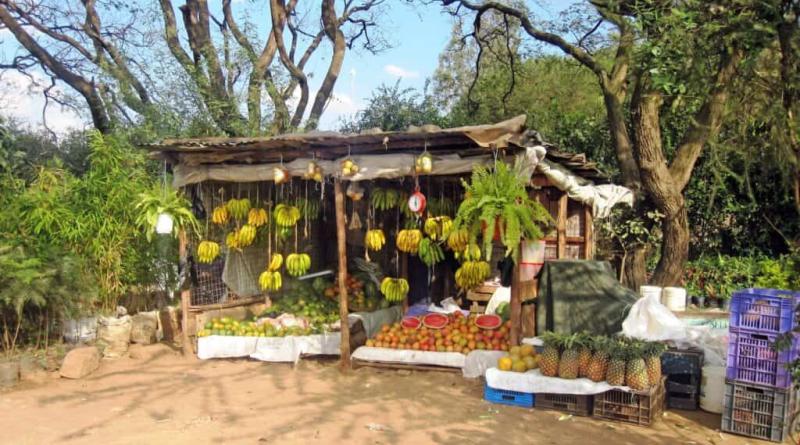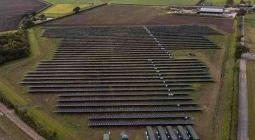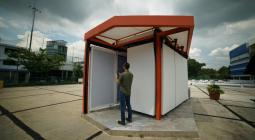Fruits and vegetables, known for their large nutrient potential, are more susceptible to high postharvest loss than other crops. Factors such as perishability, poor post-production handling and storage and processing infrastructures, increase the magnitude of food losses. The postharvest loss of fruits and vegetables in Sub-Saharan Africa ranges from 30% to 50%.
One key strategy to overcome such losses is through cold chain integration in value chains. However, most developing countries currently lack the basic infrastructure and management skills needed to support the development of integrated cold chains, particularly in rural areas, where up to 60% of overall food losses occur on the farm and in ‘first-mile’ distribution. Storage of highly perishable produce in a controlled environment with respect to temperature and relative humidity leads to quality and quantity preservation. This contributes to increases in food and nutrition security, household incomes and environmental protection.
This review addresses the need for adopting and strengthening measures for the precooling and cold storage of fruits and vegetables to improve their value chains. A range of precooling and cold storage methods, their suitability, energy demands and the constraints on storage and distribution are discussed and recommendations are made on how to improve their accessibility for small-scale farmers in rural communities.






